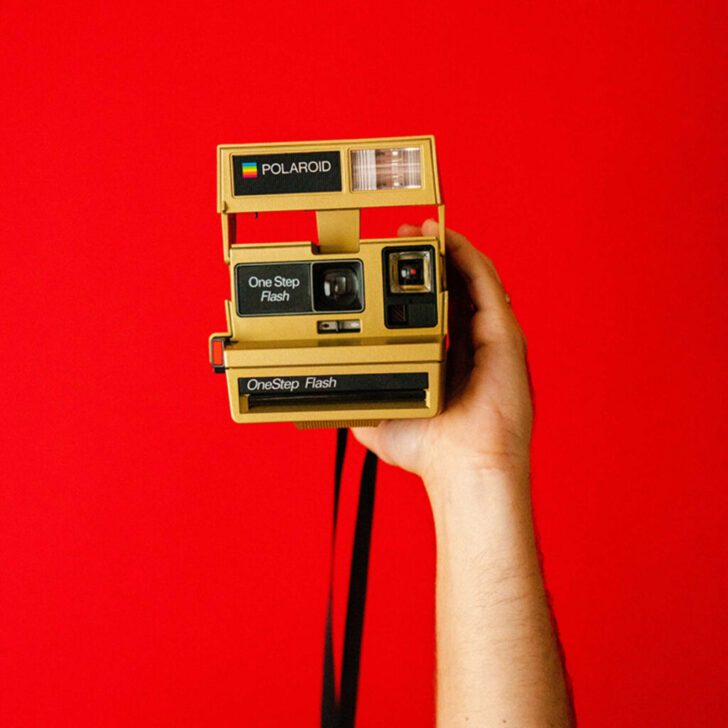In France, large leisure and cultural facilities like museums, sports stadiums, and movie theaters will now demand evidence of immunization or a negative Covid-19 test. And that’s only the beginning: starting in August, vaccination will be required to access other establishments such as cafés and restaurants.
Last week, President Emmanuel Macron proposed these steps to jump-start a sluggish vaccination campaign and mitigated the worst effects of the Delta strain. The infection rate in France has increased by 125 percent in the past week, and only around 40 percent of the population has been completely vaccinated.
The vaccination approach has had two results:
- It has enraged many people: Last weekend, more than 100,000 people took to the streets to protest the vaccination restrictions, claiming that they infringed on their rights.
- Vaccinations have resulted as a result: Last Friday, the country established a new record for the number of shots given out in a single day (880,000). More than 1.7 million individuals booked vaccination appointments in the 24 hours after Macron’s address.
What about the United States of America?
The US federal government has not imposed any vaccination restrictions on companies, and it is unlikely to do so until at least one of the injections receives full FDA clearance.
Remember that all three vaccines produced in the United States (Pfizer, Moderna, and J&J) are now under “emergency use authorization.” Pfizer anticipates receiving final clearance by January 2022 at the earliest.
Other groups have responded by stating, “No vaccination, no service.” Vaccines are required at least in some form in 590 colleges. More hospitals are demanding their employees to get vaccinated. And many establishments, from neighborhood pubs to Madison Square Garden, will require evidence of immunization before admitting customers.
Big Pharma has to pay out substantial fees!
After years of back-and-forth, a coalition of state attorneys general announced a preliminary $26 billion settlement, which would be the biggest penalty ever imposed on four major actors in the opioid crisis, which has claimed the lives of hundreds of thousands of Americans.
Details
McKesson, Cardinal Health, and AmerisourceBergen, among other medication distributors, would be required to pay $21 billion over 18 years under the proposal. These businesses were accused of allowing a black market supply of opioids to flourish due to inadequate supervision.
Johnson & Johnson, a pharmaceutical company, accused of exaggerating the addictiveness of opioids in its marketing, has agreed to pay $5 billion over nine years.
In the big picture, 3,000+ individual cases from around the country were combined into one mega-case, which may divert billions of funds to combat the pandemic as early as next year. However, some people believe it is insufficient. “The deal is, to be frank, not nearly good enough for Washington,” Washington Attorney General Bob Ferguson told CNBC.
The situation is deteriorating. Last year, drug overdose fatalities in the United States increased by almost 30%, reaching a new high of 93,331.
Elon Musk has declared his cryptocurrency!
Tesla and SpaceX both hold Bitcoin and Ethereum, according to Elon Musk. He also disclosed that Tesla is his sole publicly listed stock and owns Bitcoin, Dogecoin, and Ethereum.
“Outside of Tesla, the only major thing I own is SpaceX,” he remarked at the “The B Word” conference on Wednesday. Cathie Wood, CEO of Ark Invest, and Jack Dorsey, CEO of Twitter, were also in attendance.
“Outside of Tesla and SpaceX shares, [Bitcoin] is my biggest holding,” Musk stated. According to Bloomberg, Musk is the world’s second wealthiest person with a net worth of $180 billion.
He also said that he believes in cryptocurrency fundamentals and does not believe in selling at a loss when the price drops or recording gains when the price rises. He intends to keep crypto for the long haul. The price of Bitcoin and Ethereum skyrocketed as a result of this news.

